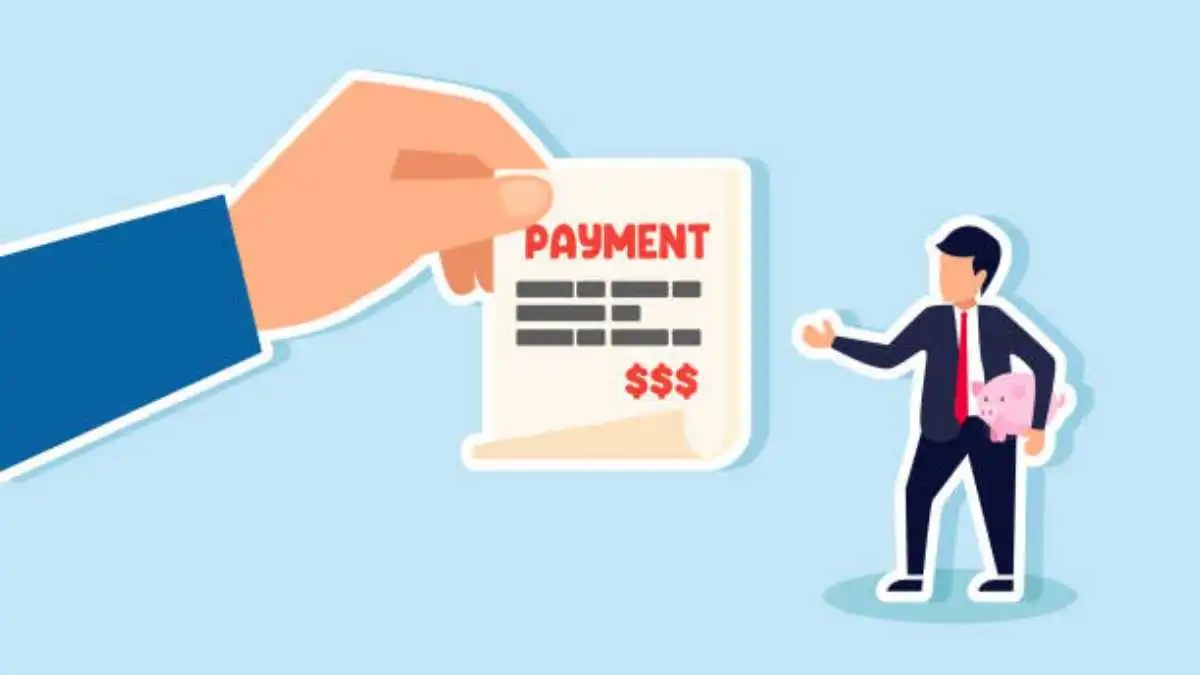GENERAL
Understanding Your Rights When an Employer Fails to Pay You

Wage disputes can be a challenging and stressful experience for employees who find themselves unpaid, underpaid, or facing unjustified deductions. If you discover that your paycheck is missing or less than expected, there are steps you can take to resolve the issue and recover your earnings. While you have the right to take action against your employer for unpaid wages, refusing to work without pay could lead to termination or legal complications, making it crucial to weigh your options carefully before making a decision.
This article outlines what to do if your employer has not paid you, the legal options available, and whether you can refuse to work under such circumstances.
Related: Do Employers Have to Pay Out Vacation Time When You Quit?
Table of Contents
Steps to Take If Your Employer Hasn’t Paid You
1. Check Your Employment Contract and Payroll Documents
Before taking any action, review your employment contract, payroll records, and company policies. Your contract should specify your pay schedule and terms of employment. It may also outline deductions your employer is allowed to make and under what circumstances.
If you receive a payslip, check it carefully to determine the exact nature of the issue. Possible discrepancies include:
- Missing wages for hours worked
- Incorrect deductions
- Lack of overtime payment
- Unpaid sick leave, holiday pay, or other statutory benefits
Your company’s payroll department or human resources team may be able to provide clarification.
2. Communicate With Your Employer
If your paycheck is short or missing, address the matter with your employer immediately. A direct conversation with your payroll department or manager can often resolve simple mistakes, such as administrative or technical errors.
Request an explanation for the delay or discrepancy. If your employer acknowledges the mistake, ask them to rectify it as soon as possible. Ideally, you should receive your missing pay immediately rather than having to wait until the next scheduled payday.
If your employer does not provide a satisfactory explanation or refuses to pay, you may need to take further steps.
3. Gather Evidence of Unpaid Wages
It is essential to document the issue in case legal action becomes necessary. Keep a record of:
- Your employment contract and policies
- Timesheets or clock-in records showing hours worked
- Payslips and bank deposit records
- Any written communication with your employer about unpaid wages
Having clear evidence strengthens your case if you need to file a complaint with labor authorities or take legal action.
Can You Refuse to Work If You Haven’t Been Paid?
Refusing to work due to unpaid wages is a difficult decision that carries risks.
- If the issue is recent and appears to be a one-time mistake, continuing to work while resolving the problem is generally advisable.
- If your employer consistently fails to pay you on time or at all, you may have grounds to consider leaving your job and taking legal action.
- Quitting or refusing to work could lead to termination. If you are considering this option, weigh the risks and consult a legal expert.
If your employer is experiencing financial difficulties and cannot pay wages, there is a higher likelihood that the company may not be able to resolve the issue. In such cases, finding a new job and pursuing legal action for unpaid wages may be the best course of action.
Legal Recourse for Unpaid Wages
If your employer has not paid you and refuses to resolve the issue, you have several legal options.
1. Report the Issue to the Department of Labor
In the United States, the Department of Labor’s Wage and Hour Division (WHD) investigates wage disputes. Filing a complaint with the WHD may lead to an investigation, and if they rule in your favor, your employer will be ordered to pay the wages owed to you.
Each state also has labor departments that enforce wage laws. You may need to report your case to your state’s labor office if federal agencies are unable to resolve the issue.
2. File a Complaint With the Small Claims Court
If your employer does not resolve the issue through mediation or administrative action, you can file a lawsuit in small claims court. This option is typically available for wage disputes involving smaller amounts.
If you decide to sue, ensure that you have documentation proving the hours worked and wages owed. The court will assess the evidence and may order your employer to compensate you.
3. Contact an Employment Attorney
If your claim is complex or your employer disputes your claim, consulting an employment attorney can help. A lawyer can guide you through the legal process and advise whether you should file a lawsuit, negotiate a settlement, or pursue other legal remedies.
Legal action should be a last resort, especially if you intend to continue working for your employer, as it may strain the working relationship.
Understanding Your Final Paycheck
When leaving a job, your final paycheck may differ from your usual earnings. It should include:
- Payment for any hours worked up to your last day
- Unused vacation days if applicable
- Overtime pay, if earned
- Bonuses or commission owed
Federal law does not require employers to provide final paychecks immediately, but state laws may dictate when you should receive it. Some states require employers to pay final wages on the last day of work, while others allow them to issue it on the next scheduled payday.
If your employer refuses to pay your final wages, you can report them to the labor department or consider legal action.
What to Do If Your Employer Underpays You
If you suspect that you have been underpaid, follow these steps:
- Review Your Payslip – Compare your pay against your hours worked and any contractual entitlements.
- Check for Overtime and Additional Payments – Ensure that any overtime, holiday pay, sick pay, or parental leave payments have been included.
- Ask for an Explanation – Contact your employer or payroll department for clarification.
- Provide Evidence – Use timesheets, work schedules, and any other records to demonstrate the discrepancy.
- Take Further Action if Necessary – If your employer refuses to correct the underpayment, consider filing a complaint or seeking legal advice.
Wage Deductions: What’s Allowed and What’s Not
Employers may legally deduct wages in certain situations, including:
- Taxes and National Insurance Contributions – Standard deductions for tax purposes.
- Pension Contributions – If you are enrolled in a workplace pension plan.
- Overpayments – Employers can recover accidental overpayments but must provide notice.
- Agreed Deductions – If your contract states that deductions can be made for damages or uniform costs.
If you believe an unauthorized deduction has been made, check your contract and ask your employer for clarification. If they refuse to refund an improper deduction, you may need to take further action.
Taking Legal Action for Wage Disputes
If informal discussions with your employer fail, legal action may be necessary. Your options include:
- Employment Tribunal (or Equivalent in Your Country) – Employees can file a claim for unauthorized deductions or unpaid wages within a specific deadline (e.g., three months from the missed payday).
- Small Claims Court – This option is available if you miss the employment tribunal deadline or prefer to file a civil claim.
- Legal Aid or Advisory Services – Consult legal experts or labor organizations for support and guidance.
Legal proceedings can be time-consuming, so weigh the costs and benefits before proceeding.
Conclusion
If your employer has not paid you, addressing the issue promptly is essential. Start by reviewing your payslip and employment contract, then communicate directly with your employer. If informal discussions do not resolve the problem, consider legal avenues such as filing a complaint with labor authorities or pursuing a small claims court case.
While refusing to work without pay is an option, it carries risks, including termination. If your employer is financially unstable, you may need to decide whether staying in your job is worth the uncertainty.
By understanding your rights and taking the appropriate steps, you can protect yourself from wage disputes and recover any money owed to you.
-

 GENERAL7 months ago
GENERAL7 months agoChristofle – For Those Who Dream of Family Heirloom Silver
-

 SPORTS9 months ago
SPORTS9 months agoDiscover the World of Football with Streameast: Watch Your Favorite Leagues and Tournaments
-

 GENERAL1 month ago
GENERAL1 month agoUncovering the World of кинокрадко: The Dark Side of Film Piracy
-

 GENERAL4 months ago
GENERAL4 months agoATFBooru: Anime, Gaming, and Subculture Imageboard




























